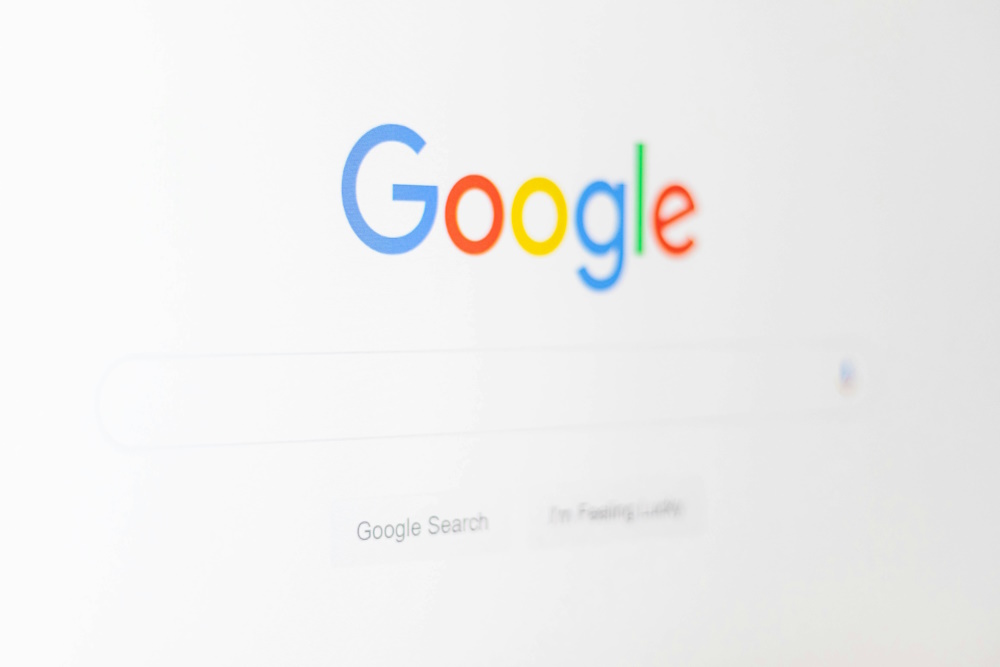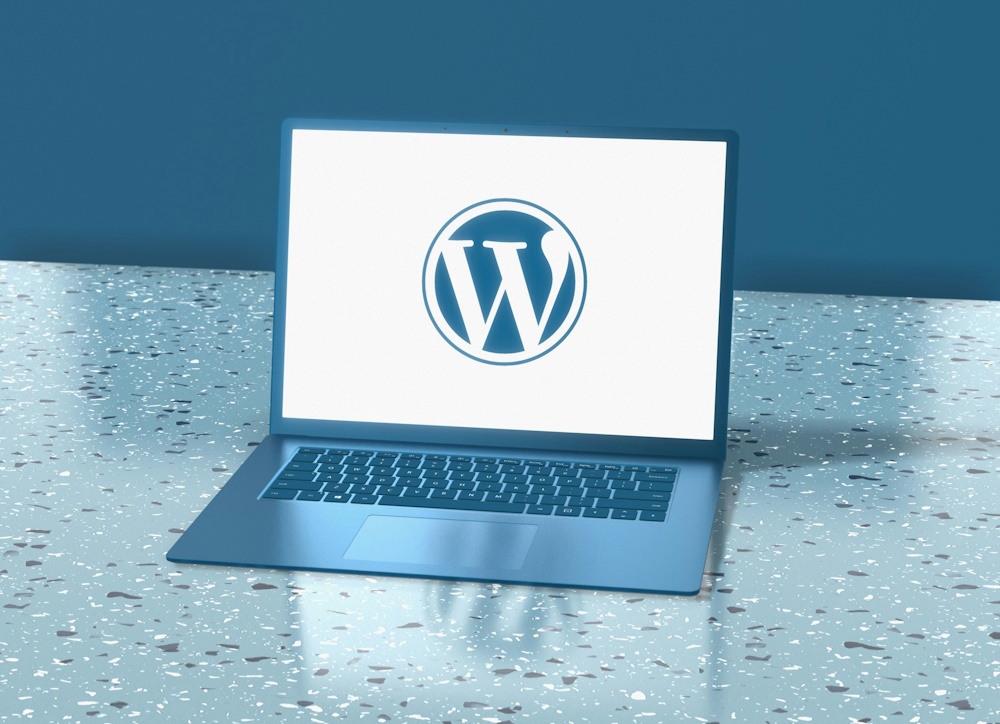Did you know that Google backlists 10,000 websites a day?
It’s not uncommon to be so excited about creating and launching a WordPress website that you ignore important security measures. As a result, you could end up falling prey to malware attacks and lose a fortune’s worth of data.
Many website owners who fell prey to these attacks were surprised to find out just how simple but important these security measures are. Yes, there some procedures that are best done by experts. However, most of them are simple and don’t require any coding skills.
Malware Explained
Malware is a computer program that has been designed to breach, disrupt, and damage your website. They come in all shapes and sizes and any website can fall prey to these attacks when the right protection isn’t in place. If you want to learn more about malware and how you could be affected, here are answers to some of the most commonly asked questions.
Does my hosting service provider secure my website?
Yes. Almost all hosting services come with a security feature that scans and gets rid of malware. However, the effectiveness of the antivirus is usually dependent on the type of hosting.
Shared hosting- the cheapest and most popular hosting service – comes with basic firewall and antivirus features that don’t always fully protect your website. Hackers have already come up with ways to bypass basic security features.
Managed hosting is expensive but more secure. Not only do they have the best firewalls and antiviruses, but there is a team of professionals that is always watching over your website.
My website is not an e-commerce platform. Am I still at risk?
Yes. Nobody is safe. Hackers aren’t just targeting financial data.
Malware can still attack your website and destroy your hard-earned list of subscribers. They can also destroy your SEO ranking using black hat tactics. There are some website owners that have had their visitors redirected to other websites and lost their traffic.
I run a small-scale business website. I heard hackers only attack popular sites?
Sorry to burst your bubble, but hackers don’t specify which websites they prefer to raid. They usually send out automatic bots that randomly attack any website that comes their way.
According to the University of Maryland, hackers attack every 39 seconds, that is 2,244 times a day! It’s unwise to think your website is safe with such a high frequency of random attacks.
Securing Your WordPress Website
1. Opt for a managed hosting plan
We know managed hosting plans can be slightly more expensive, but they’re the best for peace of mind. It’s actually a small price to pay if you consider how much you stand to lose in the event of a malware attack.
Some hosting service providers offer this option at cheaper prices. Surely, £20/week is not as expensive as losing your traffic, files, or even website if Google decides to blacklist it.
2. Set up a SSL and HTTPS-secured website
There are still some websites out there that aren’t SSL certified. HTTPS stands for Hyper Text Transfer Protocol Secure. It’s simply a safety measure meant to protect your visitor’s personal information.
It’s identified with a green lock that can be seen on your brower’s URL bar.
Google is now warning users who attempt to visit websites that aren’t SSL secured – a wrong first impression that can cost you hundreds of visitors.
3. Keep up with wordpress core, theme, and plugin updates
Everyday, new malware is pumped into the internet by hackers. WordPress developers counter these threats by releasing new updates. Ignore this fact and your website will be vulnerable to malware attacks.
We know it’s hard keeping up with all these updates (especially if you are running a medium or large website). This is where WP Support Specialists fly to the rescue. We are here to help you maintain your WordPress website and fix problems brought on by faulty core and plugin updates.
4. Backup your website files regularly
No one is really safe from malware attacks. Make sure you backup your website files and settings every time you make a major change. If possible, we recommend you save your files in a second location in case your site goes down or your hosting server is compromised.
Automatic backups are the best and will help you restore your website to a point before the malware attack occurred.
5. Regularly scan your WordPress website
Some malware is difficult to detect until it’s completely damaged your website. Regular scans will not only help identify malware, but they also identify vulnerable points that expose your website to malware attacks.
There are plenty of free plugins that can help you scan your website. It’s even better to regularly have experts audit your website.
According to IBM, it usually takes 206 days for owners to notice that their websites have been breached.
6. Secure your admin login page
Most people are quick to apply complicated website security measures but forget to keep their front door closed. Start by using a cheeky password and refrain from using the same password for multiple accounts.
You can also install a WordPress plugin that will help protect your website from malware attacks with 2-step authentication.
The internet is a dark and dangerous place. Make sure you get an expert to protect your WordPress website.
Good luck!







